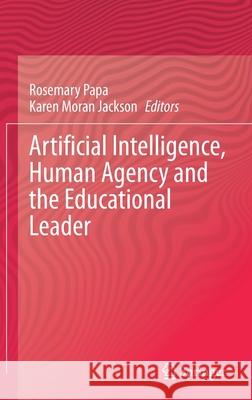Artificial Intelligence, Human Agency and the Educational Leader » książka
topmenu
Artificial Intelligence, Human Agency and the Educational Leader
ISBN-13: 9783030776091 / Angielski / Twarda / 2021 / 200 str.
Artificial Intelligence, Human Agency and the Educational Leader
ISBN-13: 9783030776091 / Angielski / Twarda / 2021 / 200 str.
cena 603,81
(netto: 575,06 VAT: 5%)
Najniższa cena z 30 dni: 539,74
(netto: 575,06 VAT: 5%)
Najniższa cena z 30 dni: 539,74
Termin realizacji zamówienia:
ok. 16-18 dni roboczych.
ok. 16-18 dni roboczych.
Darmowa dostawa!
Kategorie:
Kategorie BISAC:
Wydawca:
Springer
Język:
Angielski
ISBN-13:
9783030776091
Rok wydania:
2021
Wydanie:
2021
Ilość stron:
200
Waga:
0.46 kg
Wymiary:
23.39 x 15.6 x 1.27
Oprawa:
Twarda
Wolumenów:
01











